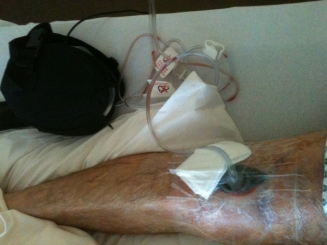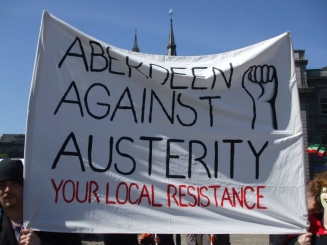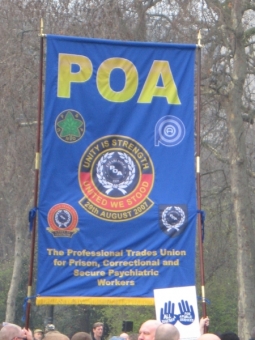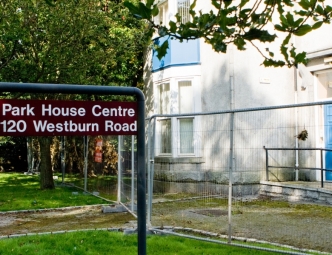Old Susannah looks back at the week that was, who said what to whom about what, and wonders what Saint Andrew would have made of it all.
Happy St Andrew’s Day! Old Suz is having haggis and whisky, or ‘swishky’ as the man at the next table is calling it. St Andrew’s Day reminds us of our national identity, more on that later. I read that Aberdeen is climbing up the list of ‘best places to live in the world’ and has reached the dazzling height of No. 52.
Well done everyone! And that’s before we get our glowing stadium at Loirston or our giant glass worm. We’ll be number 51 in the world before you know it. Apparently factors like our low crime level feed into how the ratings are calculated. Congratulations to us all for living in this desirable paradise.
These statistics may or may not include the small minority of people who aren’t rolling in dosh like most of us are. The statistics on crime may or may not be being ‘massaged’ – after all, the top brass get nice bonuses if the crime levels are low. How could I think such a thing? Well, the newspapers this week may have something to do with it.
We’ve had a charming man just sent to prison; he kicked a four-year-old child in the head. Fair enough, they had been having an argument apparently. You know what these toddlers can be like.
Another similar humanitarian’s gone down for 3 years for robbing children of their pocket money and jewellery, threatening to ‘slash’ some of them. The fact the victims were boys, girls and an autistic person just show that this particular thief was running his business in a non-discriminatory way. He should be congratulated really. To be even more inclusive, this particular robber tried putting on a ‘Scouse’ accent.
Perhaps his career is inspiring to young people – a nine year old’s been caught stealing a car as well. You’re never too young to learn. I wonder if he at least brought a child safety seat on the job with him?
We’ve had older people robbed, conned and abused. Yes, in our 21st Century world, Aberdeen is the 52nd best place to live. I’d say ‘safe as houses’, but we’ve had burglaries and fire-raising in the news as well. Still, statistics don’t lie, and if there are experts who say we’re no. 52 in the planet, who are we to question it.
I heard something about some disruptive elements holding something called a ‘strike’. I just hope this won’t affect our place in the world quality standing. I can’t for the life of me see why anyone in such a highly-ranked city would have any reasons for unhappiness, although frozen salaries, cut pensions, closed schools, closed recreational facilities, cut school lessons, cut services and cuts to care homes might play a small role.
Someone should look into this. Maybe if we just all looked at the brand new festive lights on Union Street, the rest of it wouldn’t matter so much.
That nice Mr Jeremy Clarkson had a solution for these ‘striking’ workers – he apparently said on air that he’d have them all shot in front of their families. He thinks they get great pensions. Please be a bit patient and don’t judge Mr Clarkson too harshly. He’s got to work for a living, and probably only has a modest pension to look forward to.
It is not like him to be intolerant of other people, and as it’s the season of good will (or is it the season of ‘buy one get one free’ – I can never remember), let’s let Jeremy off the hook. We should be more tolerant, like he is.
Perhaps it’s time for some definitions.
Nationalism: (noun), The belief that a person or thing’s national origin is its most important and most defining characteristic.
Incidents of racism and nationalism are on the rise – not just in the UK at large, but here in 52nd best city, Aberdeen. Still, it’s important to remember just how important a person’s nationality is. If Donald Trump hadn’t reminded us that he has a granny from Skye, we might not have given his development the wink and the nod.
Pretty soon we’ll have the number one golf course in the world near the 52nd greatest city: it will be like paradise on earth. Believe it or not, on my mother’s side I can trace my direct ancestry all the way back to King Duncan, King Alexander and St Margaret of Scotland.
Armed with this information, I intend to ask Alex Salmond to give me privileges as well. Maybe someone will even sell me some land in Westhills for a fraction of its value. National origin is where it’s at.
Of course if someone’s not Scottish, it’s OK to discriminate against them and you can always tell someone’s national origin by looking at them.
We know what a pure Scottish person looks like because of their Scottish characteristics. These Scottish traits come from the Egyptian princess Scota (for whom the country may be named). They also come from the Phoenicians who sailed here, the Celts who came here and the Vikings, Danes, and Norsemen who raided now and then. These pure Scottish traits also come from the Picts, and the Romans (whatever they may have done for us).
Later on continental settlers from travellers and sailors to kings and queens came from the continent. St Colomba came from Ireland, and the movement of people between Ireland and Scotland was massive. So yes – be proud you’re Scottish. After all, it’s not like a Scot is some kind of foreigner or something.
We could learn a lot from that nice lady on Youtube who had a wee bit of a go at foreigners coming over here to live. It’s only been going on for three and a half thousand years or more as far as I can tell. The lady in question is now helping the police with their enquiries.
St Andrew, for those who didn’t know, came from Galilee, and was Jewish-born convert to Christianity. He had this crazy idea of preaching his religion (something to do with ‘turning the other cheek’, loving one another, and so on) to people in every country he could manage to travel to.
He travelled extensively in Europe and is also revered in half a dozen countries and the Greek Orthodox Church. No doubt he’d be proud of the nationalism that seems to be taking hold of a few people here. What he’d say to the giant worm or the monolith plans for Union Terrace Gardens is another matter.
Aberdeen Citizens Party: (noun) A facebook site with some 35 friends.
A wide range of rather strong opinions can be found on this site. The Citizens Party is against Halal slaughter of animals (so am I). It is all for capital punishment, and says that since 80 percent of people (really?) want the death penalty brought back it should be done. I guess if a few innocent people get killed like happens in the USA, then the families can be given some kind of compensation payment. Fair enough.
This page is apparently run by one Patrick Wight; I’m told he has some form of hilarious act wherein he pretends to be a camp homosexual hairdresser named ‘Patrice’. I really must catch that some time (perhaps around the time I want to define ‘tolerance’ more fully).
Old Susannah was surprised to read this on the Citizens page:
“Lets hope that a campaign of direct action can save Union Terrace Gardens and prevent the environmental damage which is to be inflicted upon it by Ian Wood and his yes men. The right to protest peacefully is a fundamental part of our society. We tend to forget that many of the human rights we cherish today are a direct result of protests by ordinary people who were prepared to go onto the streets ..”
I of course don’t want anything to stand in the way of Stewart getting his much-needed parking spaces, and Ian getting his eventual statue. However, I found the above just a little bit of a contradiction to what a Patrick Wight wrote to Aberdeen Voice:-
“Message:
Not affiliated to any political party?
Your having a fcuken (sic) laugh!
Your promoting the day of action rally by the political left and the unions who want to wreck economic recovery and cause public misery across Britain.”
So – a protest is fine, but not a day of action rally by the unions. I can’t quite work out why we have unions anyway, since we’re number 52 in the world. It might have had something to do with workers in the past not having great rights (or any rights). It might have something to do with the infamous New York City sweatshop fire in the Triangle building– all the workers had been locked in and none escaped the fire.
But that was then and this is now. Public sector workers have ‘gilt edged’ pensions; Jeremy Clarkson said so. Let’s all get behind the Aberdeen Citizens Party and protest against the gardens, but complain about unions having a day of protest. Makes sense to me.
Next week: more definitions, including ‘slacktivist’ – someone who likes the idea of supporting a cause, as long as it doesn’t mean doing anything much.
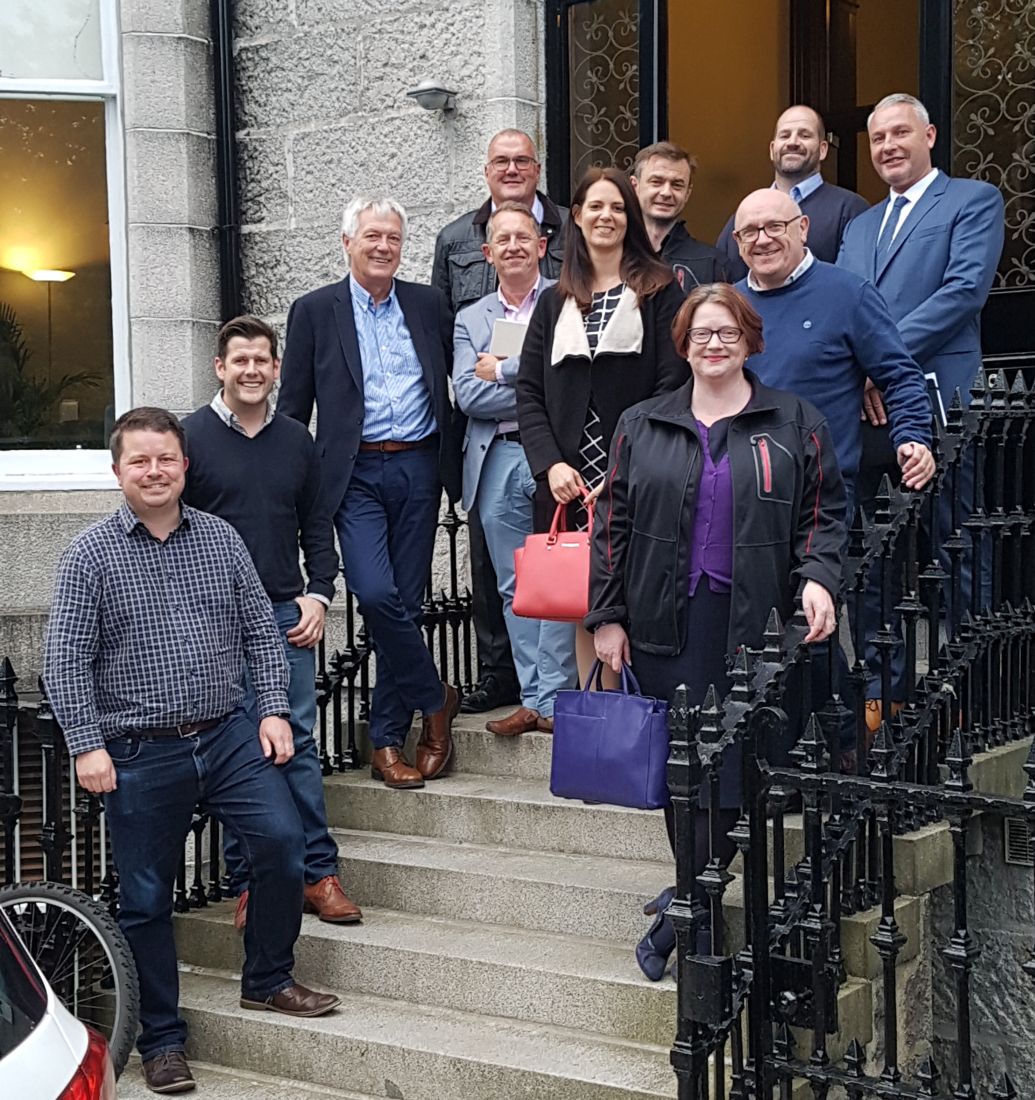
 New mentors taking part in AYP this year include: Duncan Skinner, Barry Mole, Kenneth Salmon, Colette Backwell, Leigh Stott, Dave Grant, Stacy Edghill, Richard Tinto, Keith Murphy and AYP Founder Ross Jolly.
New mentors taking part in AYP this year include: Duncan Skinner, Barry Mole, Kenneth Salmon, Colette Backwell, Leigh Stott, Dave Grant, Stacy Edghill, Richard Tinto, Keith Murphy and AYP Founder Ross Jolly.



